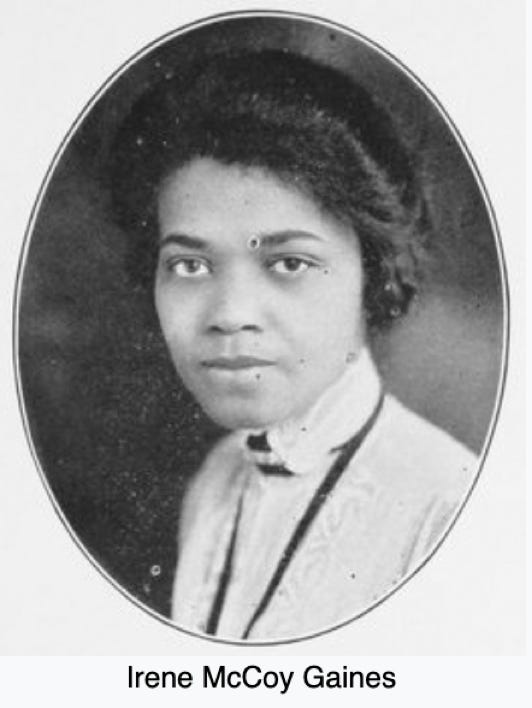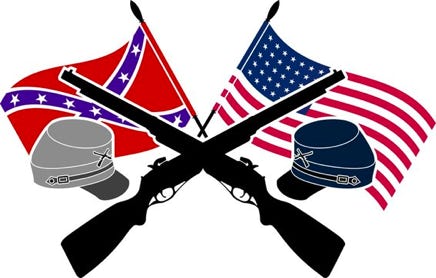11
T’ain’t right for them all to call it no Civil War. T’warn’t nuthin civil ‘bout that war. T’was the war ‘tween the states. Plain and simple. That’s what it were and nuthin gonna change my mind ‘bout that.
Grandma should know. This wasn’t ancient history to Alice Williby. There were 6.3 million enlisted during that non-civil war, and a large number of veterans, many maimed and crippled, were in their 50’s and 60’s at the turn of the century when Alice was an impressionable young girl. Grandma had ancestors who faced combat. One is interred in the Vicksburg National Cemetery.
While it may seem ages have passed since Shiloh, Vicksburg, and Antietam, time enough for old wounds to have healed and old injustices to have been forgotten, in reality it was only yesterday.
The consequences of the Civil War were still being felt and our imperfect union had only scratched the surface of establishing equal justice and opportunity for all citizens when Albert Woolson, the last surviving Civil War veteran, died August 2, 1956, and I was 11 years old, and Grandma was still complaining about an adjective.
But attempts to form a more perfect union were being made.
Irene McCoy was born in Ocala, Florida, in 1892. Her family moved to Chicago while Irene was still an infant. She graduated from Wendell Phillips High School and then enrolled in Fisk Normal School in Nashville, Tennessee.
Irene returned to Chicago in 1910 for a job as a typist in the complaint department of the Juvenile Court and quickly became involved with Republican politics.
Irene served as president of the Illinois Federation of Republican Colored Women’s Clubs from 1924 to 1935. She took courses at the University of Chicago and became UC’s first colored woman graduate.
In 1950 Everett Dirksen persuaded Irene to run for a Cook County Commissioner’s position while he made his first bid for U.S. Senator. She lost in a very close race, but her running helped Dirksen to carry Cook County by a narrow margin and win the state to defeat incumbent Senator Scott W. Lucas.
In 1952, the National Association of Colored Women’s Clubs elected Irene McCoy Gaines as its 15th president.
Early in 1956, Irene urged Dirksen to support legislation to designate the 2nd week of February as Negro History Week.
On January 7, 1957, Dirksen introduced S. 83 which proposed: “to make more certain that rights guaranteed by the Constitution and the laws of the United States will be enjoyed by all, regardless of race, creed, color, or national origin.”
Three days later on January 10 President Eisenhower pushed for this civil rights legislation to be passed in his State of the Union Address.
Ike’s proposal included:


